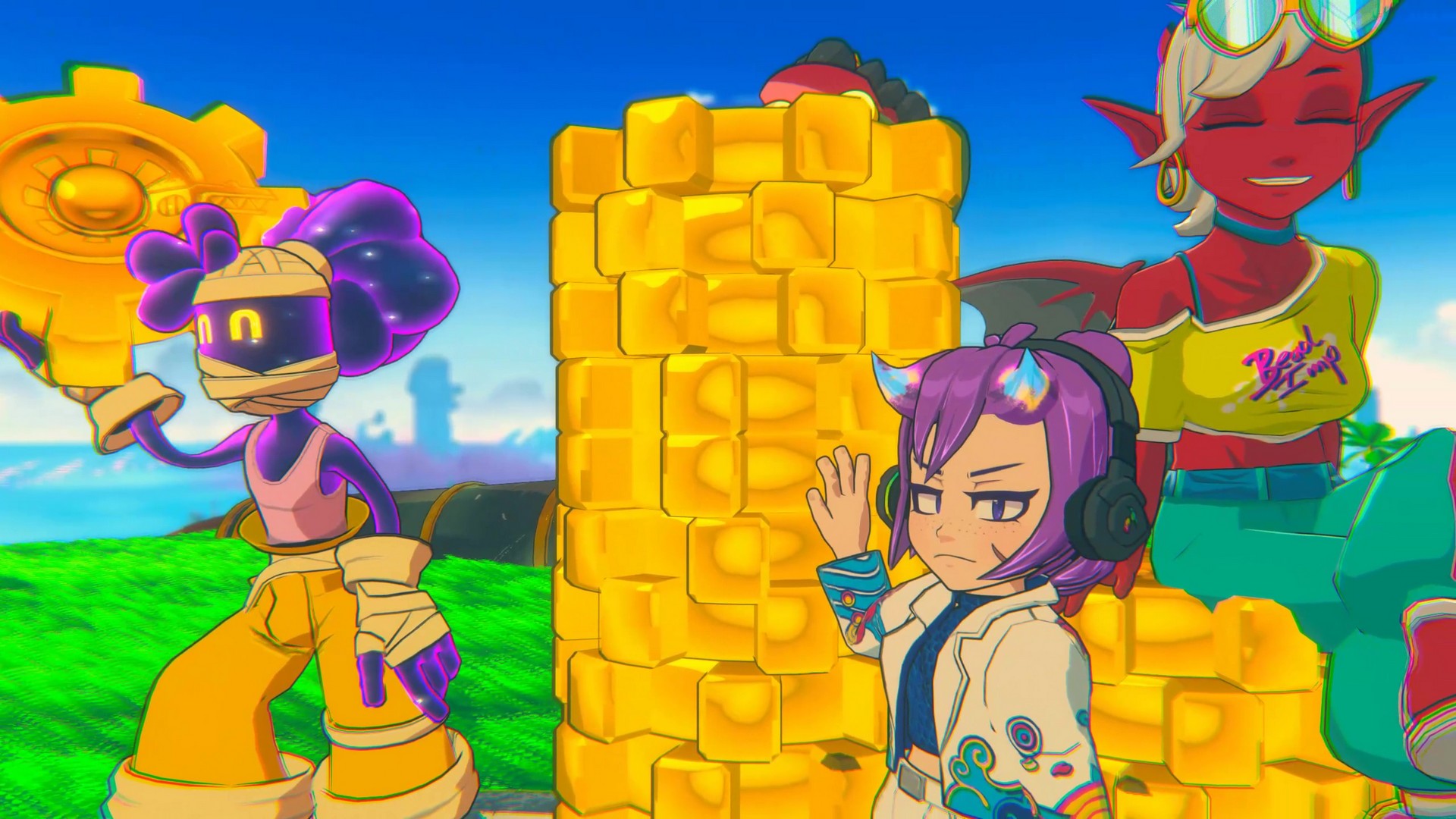Matthew McConaughey On The Making Of Mud
The Texan star on the heartfelt coming-of-ager
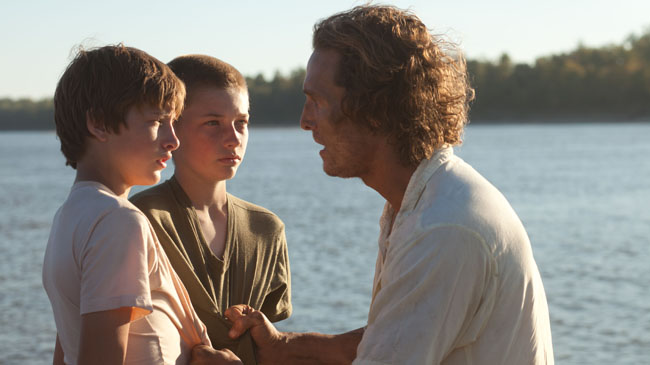
How did you find shooting in the South?
“It’s a beautiful part of the world. You know I’ve never spent time in Arkansas, which is the state Jeff [ Nichols, director ] is from, which is where we shot this film and it’s called the Natural State and you see why. It’s a really gorgeous place, I loved it, you know.
“The thing about where we shot The Paperboy and where we shot this is that Mother Nature rules down there. I mean, if you look at the way people live in this film, people live in houseboats on the river, you know the houses are on floats so the river, when the river rains come the rivers rise and your raise this morning, if it’s been raining all day, may be 15 feet higher than in the night.
“And they have these steps from the land to the boat house and there were times when we’d show up in the morning and you’re walking down the steps and two days later you’re getting there and you’re walking eight feet up the steps. So you have to really do that dance with mother nature down there.”
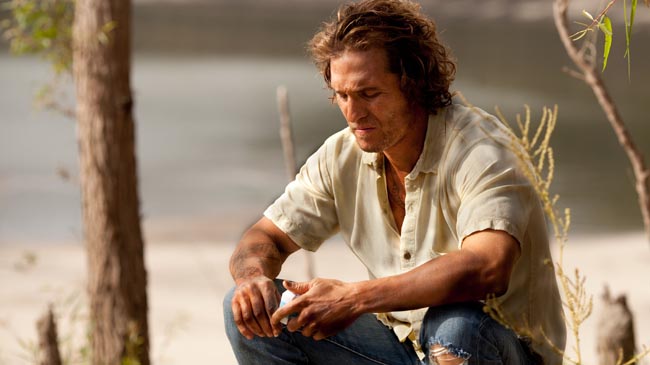
How did you come up with the physicality of the character?
“Jeff had some very specific ideas. The tattoo is exactly the design of what he had drawn. The lucky shirt, and these pieces of superstition that were part of Mud’s armour all had real meaning to him. The chipped tooth was a really interesting thing that Jeff and I worked on for a while. The wrinkles – the guy is sun-tarred and tethered and he hasn’t had a shower in weeks, you know what I mean, in the river.
“He’s living on a deserted island here for the last couple of weeks on the run. How did he get there? What has he been able to eat? Things like that.”
“[ How did he get there? ] Well, he swam there with a certain plastic bag that he’d gotten from the local piggly wiggly and got a few rations and some packs of cigarettes and, you know, swam out. That was all fun stuff to go back and answer those questions that had to do with ‘How do you eat your first can of beans that someone gives ya?’, ‘How hungry are ya?’ you know, things like that. All those things limit the behaviour."
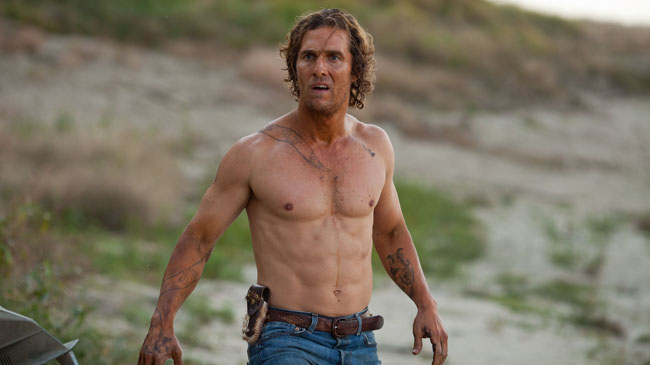
What can you say about Muds relationships?
“Well it’s funny, the only relationship that you - what do you call it ‘requited’ – the only relationship that really comes together is Mud and his mentor, the Sam Shepard character.
“Mud’s the conduit for Ellis, to say ‘Don’t stop believing in that, you know, Nooo. As much as the world tells you to make sense out of it, be practical – no, no, it’s not true. Don’t listen to the examples.’ You know you look at things today, what is it, 50% of marriages will get divorced or something like that. So you know a good relationship or marriage with someone, the world’s not set up to support that.
“Some people viciously want to break it up, other things break it up that are not vicious: you get busy, you want to work, you move to different places, everything is not set up to make the thing work. The thing that we all pursue and would like to have.
“But Mud’s a guy who – and it’s part of the thing that turned me on to inhabit the guy– he’s a dreamer living in the clouds and that’s where he needs to stay. If he ever gets grounded and gets sensible, God, you know. So yeah I think there is some symbolism in the fact that he survives in the end. I didn’t want to see that dream die, either, and the dream doesn’t have to die.”
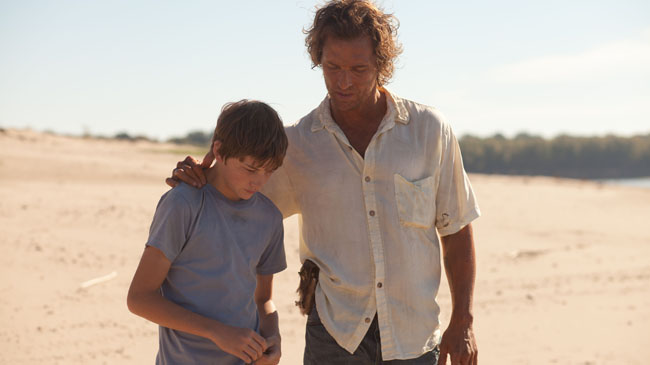
How much of a part does the American South play?
“[ Jeff ] said earlier, which is a good way to put it, the south is seen as somewhere small, ditzy, small places but he has a very vast view of those small rural towns. That small household, that has expanded that entire view of what the relationship is in this family. How is it not working between the mother and the father?
“So the South is definitely a character in the film, it definitely feels like a classic American film. But that’s also to do with Jeff’s directing style in this film, it’s very linear, it’s very deliberate. He wrote it, he wrote every word for a reason. It’s very poetic, the script, but it’s [ to do with ] affairs of the heart, it’s very universal, it’s not only American.
“If it translated to any of you, and if you came away feeling any of the things you just said, it doesn’t matter where you’re from to understand or feel those things. That’s the language of love, isn’t it?
“That’s a testament to Jeff, who wrote it and directed it. He wants this to translate to humanity and not just be a small Southern picture about these people that happen to be in this small place with these few characters. It’s not bound to that place in time, it’s not even bound to a time.”
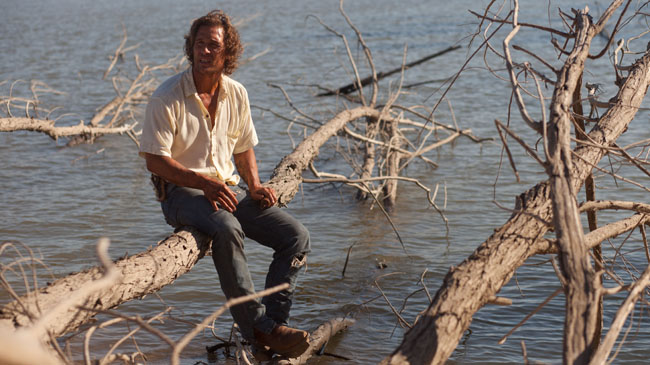
Can you tell us something about the shoot
“I loved the shoot, I love the south, I love being out there in nature like that. What was also great was that we weren’t on a bunch of stages. The stage was the Mississippi River.
“So then to live there for a while, to camp out there, you quickly get the rhythm and the sense of almost smell and taste and humidity and weight and how time sort of just trickles along like that river.
“It’s at four miles an hour, it just slowly moves and it’s an unstoppable force, but it’s just moving slowly and deliberately. But it also takes things away as it gives things back.”
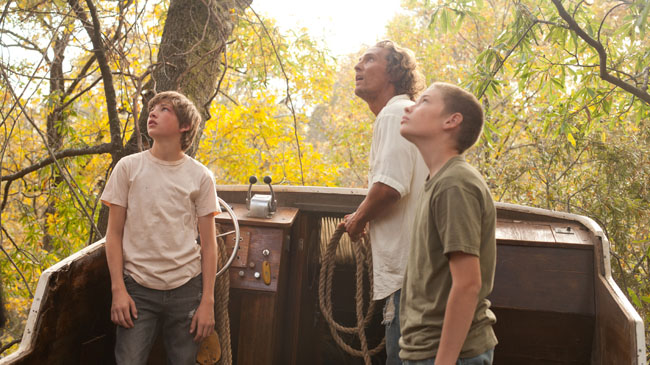
Jeff said he wrote the piece for you. What do you see of yourself in that character?
“Well, I have still inside of me a lot of innocence. I’m not nearly as naïve as I used to be, thankfully, but you know they say as you grow older you grow wiser, you should know better, and you know well there’s some things that you know worse.
“There’s some things that you don’t want to [ know ], life teaches you some lessons that can kind of creep in and break that dream a little bit. Pragmatism does that. And all of a sudden, the avenue between here and here becomes using a one-way street from the head down.
“But when we are children, it’s from the heart up, that’s where the source is coming from. As you get older, you get more above the shoulders. You get hurt, and you don’t want to be hurt again. It’s survival, you get your heart broken and your body tells you ‘I don’t like that feeling, I don’t want that again’.
“But I still have that in me, I’ve always understood and always believed in that dream and that innocence. That even though you learn hard lessons in life, it doesn’t make that any less true, no way, never tell anyone or yourself that that is not true.
“I don’t know many people at all that have a driver’s licence or can have the sensibilities that Mud does, but Mud’s not really of this world. He’s not grounded by any means. He’s practical in the sense that he knows how to fix things and do things but as far as his heart, it’s completely youthful and innocent. So it was refreshing that, but in the end I understand that purity.
“It was really fun for me, it was a really fun four months in that heart-space and that headspace. He doesn’t compete, there’s no ego about his love, he’s not condemning her for leaving him, whether he understands her or not. I’ve always said this: Mud does fate, but he don’t do suicide. He does fate though, it’s all fate for him. Everything is a sign.”
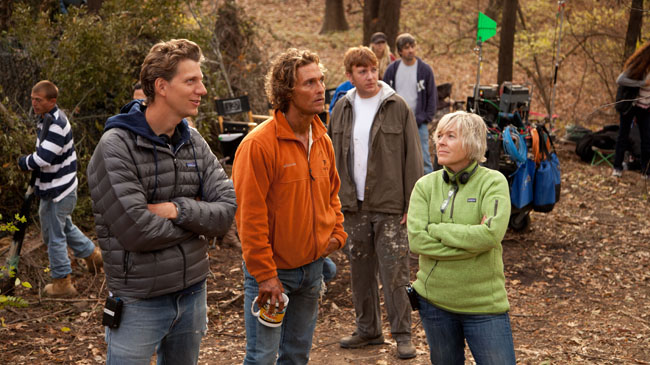
What motivates you as an actor?
“I tell you one of the real joys, for me. My favourite part is the making. I like the daily going to work. I love being on set, it’s my favourite place to be. Daily making the construction of the character, making a movie with a bunch of people who’ve all come here to do this, that’s my favourite part.
“Afterwards, what makes me feel the best? Well there’s two things as an actor. One is if someone goes ‘I know that guy, I know him’ that’s a real compliment in the sense that you’ve created a character that is somewhat documentary for that person because it felt like a real life character.
“The other thing is when someone comes up and they tell you what they felt of the character and they’re using the exact same dialogue that you wrote down two years ago what I was trying to translate and it’s like ‘Ah, you read my mail’. So it means I grabbed that definition of the man and behaved that way and gave off that and it came out the other side without speaking you came back and gave me the exact definition, that translation is really nice because it’s like charades, you know.
“I have the definition here, and then I’m going to explain through a whole movie what I’m going for and you come back and you explain it almost word for word, I’m like: [ sighs in relief ]: it translates."
The Total Film team are made up of the finest minds in all of film journalism. They are: Editor Jane Crowther, Deputy Editor Matt Maytum, Reviews Ed Matthew Leyland, News Editor Jordan Farley, and Online Editor Emily Murray. Expect exclusive news, reviews, features, and more from the team behind the smarter movie magazine.
Weekly digests, tales from the communities you love, and more
You are now subscribed
Your newsletter sign-up was successful
Want to add more newsletters?

Every Friday
GamesRadar+
Your weekly update on everything you could ever want to know about the games you already love, games we know you're going to love in the near future, and tales from the communities that surround them.

Every Thursday
GTA 6 O'clock
Our special GTA 6 newsletter, with breaking news, insider info, and rumor analysis from the award-winning GTA 6 O'clock experts.

Every Friday
Knowledge
From the creators of Edge: A weekly videogame industry newsletter with analysis from expert writers, guidance from professionals, and insight into what's on the horizon.

Every Thursday
The Setup
Hardware nerds unite, sign up to our free tech newsletter for a weekly digest of the hottest new tech, the latest gadgets on the test bench, and much more.

Every Wednesday
Switch 2 Spotlight
Sign up to our new Switch 2 newsletter, where we bring you the latest talking points on Nintendo's new console each week, bring you up to date on the news, and recommend what games to play.

Every Saturday
The Watchlist
Subscribe for a weekly digest of the movie and TV news that matters, direct to your inbox. From first-look trailers, interviews, reviews and explainers, we've got you covered.

Once a month
SFX
Get sneak previews, exclusive competitions and details of special events each month!
